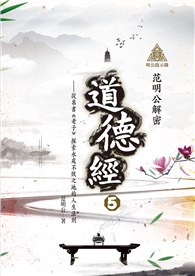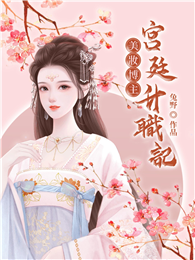This is a book of reading on religion and culture in Africa comprising ten papers by experts in religion and cultural matters and an introductory note by the editor himself. Covered in the volume are papers covering: the impact of secularisation and urbanisation on a most cherished socio-cultural practice of the extended family system of the Isoko people in Nigeria; the traditional medical practices in Urhobo with particular focus on the use of local herbs to treat ailments; the socioreligious as well as the political significance of Obiri (family hall) in Ikwerreland; the rationale behind the use of the concept 'Dunamis' in the Gospel According to Staint Mark. Although his paper does not focus on African (traditional) religion, its inclusion here is based purely on the theological significance of the concept of 'Dunamis'; the extent to which evil spirits and mysterious forces have influenced the religion and culture of the Urhobo people of Nigeria; the significance of festivals in the traditional African society; John Wesley's innovations in Christendom and their implications for Africa; the recent unprecedented upsurge in the assumed use of religious powers to cast out evil spirits as well as for prayer healing among Muslims in Nigeria; the culture of alienation, anxiety and violence, drawing inspiration from the Fall Story of Genesis 3; and the widowhood practices of some areas in Nigeria.
| FindBook |
有 1 項符合
Readings on Religion and Culture in Africa的圖書 |
 |
Readings on Religion and Culture in Africa 作者:Ejizu 出版社:M & J Grand Orbit Communications 出版日期:2016-09-14 語言:英文 規格:平裝 / 278頁 / 22.9 x 15.2 x 1.5 cm / 普通級 |
| 圖書館借閱 |
| 國家圖書館 | 全國圖書書目資訊網 | 國立公共資訊圖書館 | 電子書服務平台 | MetaCat 跨館整合查詢 |
| 臺北市立圖書館 | 新北市立圖書館 | 基隆市公共圖書館 | 桃園市立圖書館 | 新竹縣公共圖書館 |
| 苗栗縣立圖書館 | 臺中市立圖書館 | 彰化縣公共圖書館 | 南投縣文化局 | 雲林縣公共圖書館 |
| 嘉義縣圖書館 | 臺南市立圖書館 | 高雄市立圖書館 | 屏東縣公共圖書館 | 宜蘭縣公共圖書館 |
| 花蓮縣文化局 | 臺東縣文化處 |
|
|
圖書介紹 - 資料來源:博客來 評分:
圖書名稱:Readings on Religion and Culture in Africa
|
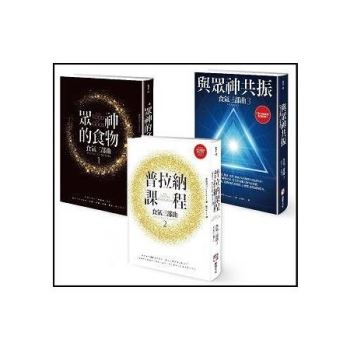
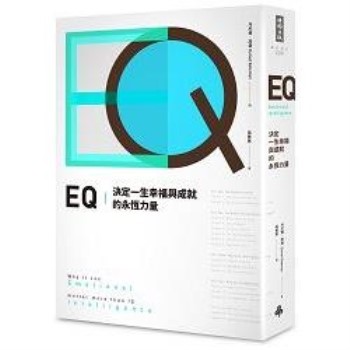
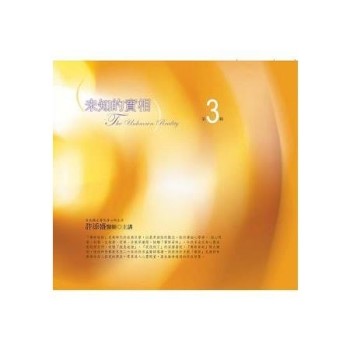
![如果停不下來,就先學會慢下來:52種簡單易行的正念練習,幫你化解壓力,找回專注力[靜心升級版] 如果停不下來,就先學會慢下來:52種簡單易行的正念練習,幫你化解壓力,找回專注力[靜心升級版]](https://cdn.kingstone.com.tw/book/images/product/20117/2011760340723/2011760340723m.jpg)





